Tehran to halt Additional Protocol unless other parties return to full JCPOA compliance
Tehran says it will end its voluntary implementation of the Additional Protocol to the nuclear Non-Proliferation Treaty (NPT) Safeguards Agreement should the other parties to the 2015 Iran nuclear agreement fail to honor their commitments by the deadline of February 21.
“This measure means an end to inspections beyond the Safeguards Agreement, but does not mean an end to all inspections. In fact, Iran is a member of the Safeguards Agreement and the NPT, but the implementation of the Additional Protocol will be halted,” Foreign Ministry spokesman Saeed Khatibzadeh said at a weekly press conference on Monday.
Khatibzadeh emphasized that Iran will nonetheless continue to cooperate with the International Atomic Energy Agency (IAEA) and report its new nuclear undertakings to the IAEA beforehand, as has always been the case.
He reiterated Tehran’s position that all of its measures are “easily reversible” provided that the other parties to the nuclear deal, officially called the Joint Comprehensive Plan of Action (JCPAO), return to fulfilling their abandoned commitments.
The JCPOA was unilaterally ditched by former US President Donald Trump in May 2018, in pursuit of what he called the “maximum pressure” policy against the Islamic Republic through unilateral sanctions. Iran has denounced the policy as an act of “economic terrorism”.
The US withdrawal from the deal was met with worldwide criticism, and was followed, a year later, by Iran’s gradual reduction of its nuclear commitments. However, Tehran has repeatedly proclaimed that it will return to its nuclear obligations as soon as its interests under the JCPOA are met.
Khatibzadeh’s announcement comes more than two months after the Iranian Parliament passed a law to further accelerate the development of the country’s nuclear program.
The law, among other things, tasked the Iranian administration to stop allowing inspections beyond the Safeguards Agreement, including the voluntary implementation of the Additional Protocol, if the other parties to the JCPOA failed to deliver on their commitments, normalize Iran’s banking relations and remove obstacles to Iran’s oil export.
“According to this law, the inspections beyond the Safeguards Agreement will be halted, which we had voluntarily accepted within the framework of the Additional Protocol,” Khatibzadeh reiterated.
Nothing changed under Biden admin
Asked to offer his take on the new US administration of Joe Biden’s Iran policy almost a month into his presidency, the spokesman said the Biden administration, unfortunately, treads in the footsteps of the Trump administration.
“What is happening today is not different from what was happening before January 20 … The same maximum pressure and crime, committed through the cruel sanctions against the Iranian people, continues today,” he said.
“This should actually bring a stain of disgrace to those who based their election campaign on distancing themselves from the bullying policies of the Trump administration,” Khatibzadeh said, referring to Biden, who prior to the November presidential election promised to rejoin the deal but has so far reneged on his promise.
In similar remarks on Wednesday, Foreign Minister Mohammad Javad Zarif said, “I feel that the Americans have not yet decided on their policies. That’s why the White House had to correct Mr. Biden’s remarks many times.”
Zarif made the remarks a week after Biden said in an interview with CBS that he would not lift sanctions in order to encourage Iran to return to the negotiating table.
Iran’s stance on nuclear weapons unchanged
Elsewhere in his presser, Khatibzadeh said the Islamic Republic’s stance on the use of nuclear weapons has not changed.
Iran underlines the peaceful nature of its nuclear activities and this stance has not changed, he said.
“The fatwa (religious decree) issued by the Leader of the Islamic Revolution on the prohibition of the use of weapons of mass destruction and nuclear weapons remains in place,” he added.
In recent days, Intelligence Minister Mahmoud Alavi has been rebuked over saying that persistent Western pressure on Iran could push the country to fight back like a “cornered cat”.
“If they push Iran to that [corner], then it will not be Iran’s fault,” he said in a televised interview last Monday, in remarks that were widely viewed in the world as a threat on Iran’s part to seek nuclear weapons.
The Islamic Republic of Iran’s nuclear program, however, is based on a fatwa issued by Leader of the Islamic Revolution Ayatollah Seyyed Ali Khamenei that categorically bans the production, possession and stockpiling of nuclear weapons and other weapons of mass destruction.
Hamas thanks Iran, Resistance Front following achievement of ceasefire in Gaza
'Capitulation': Israeli officials and media concede Gaza defeat as truce unfolds
'Gaza has won': Social media users react to ceasefire with mix of relief, joy
Iran seeks South Korea’s assistance for AI, fiber-optic projects
VIDEO | Iran's 'Eqtedar' (Power) maneuver
Israel hits HTS military target in Syria for 1st time since fall of Assad
VIDEO | Press TV's news headlines
Israel has slaughtered 13,000 students in Gaza, West Bank




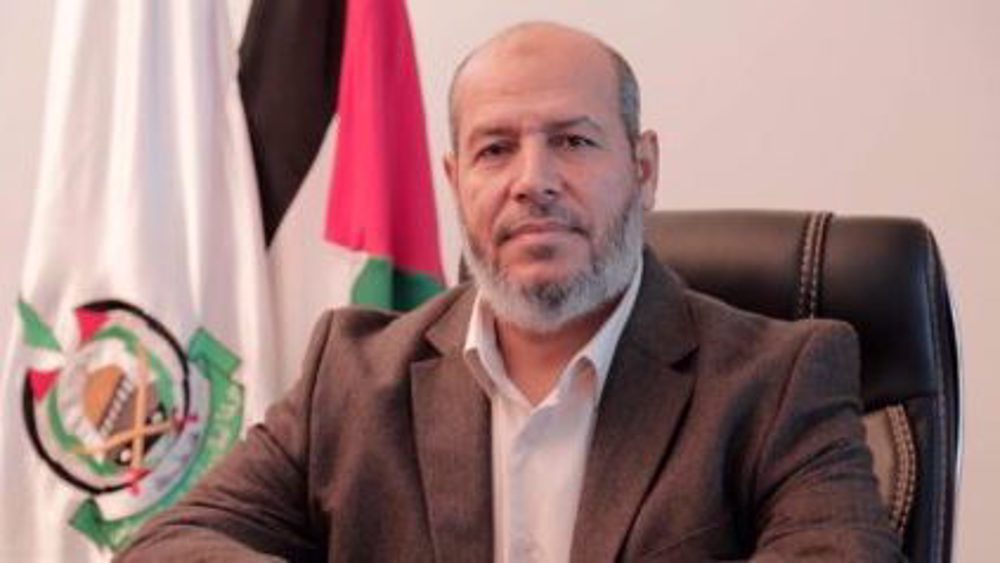





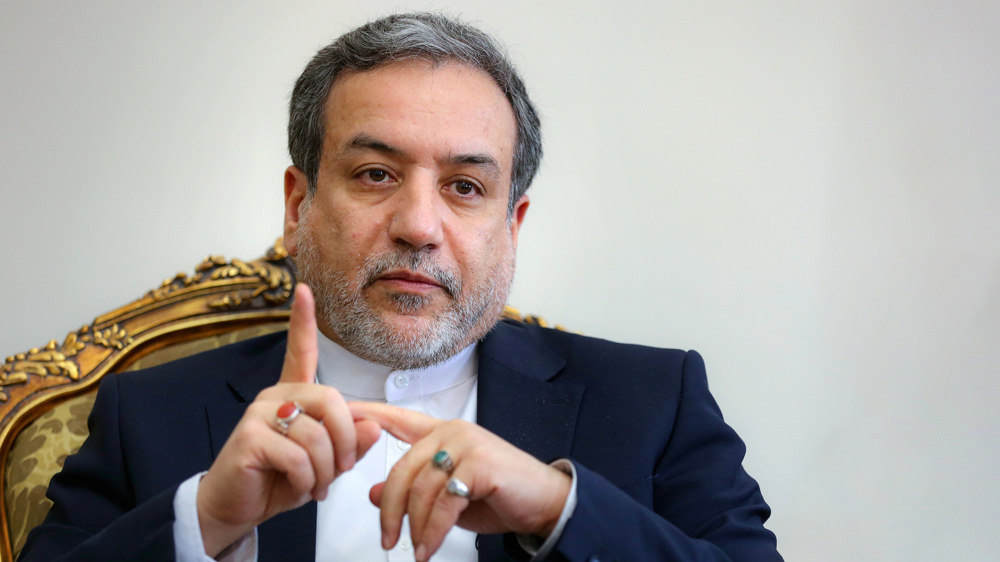
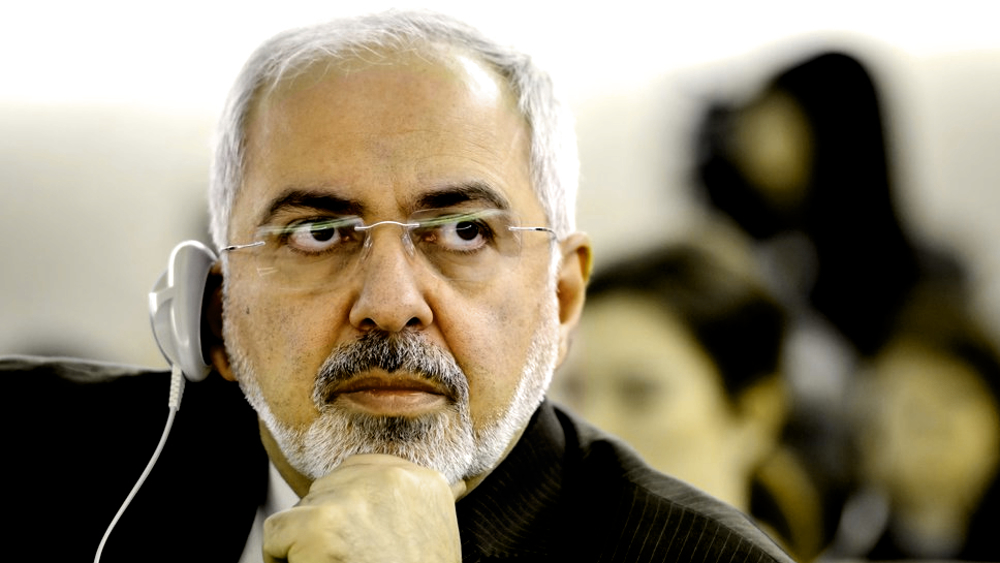
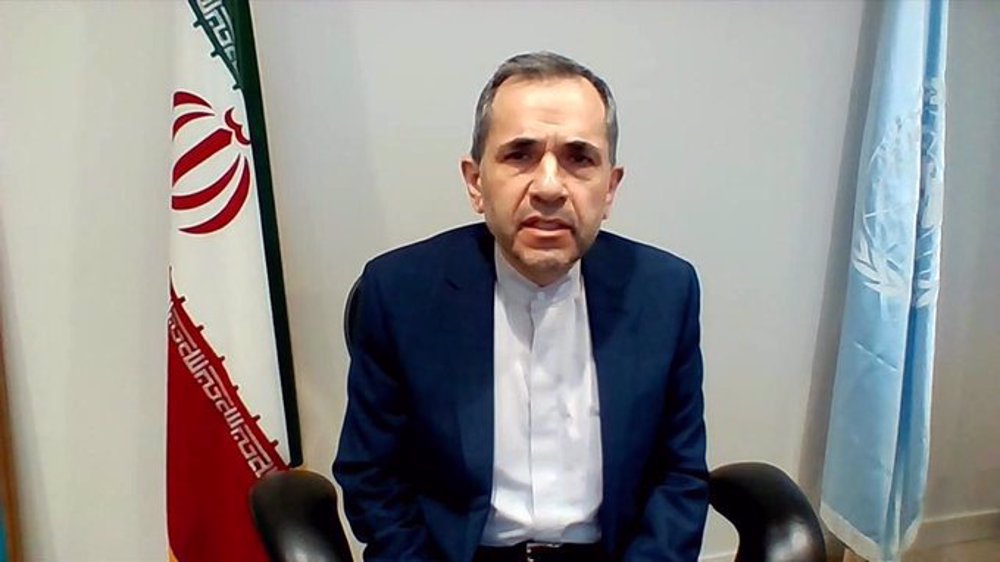
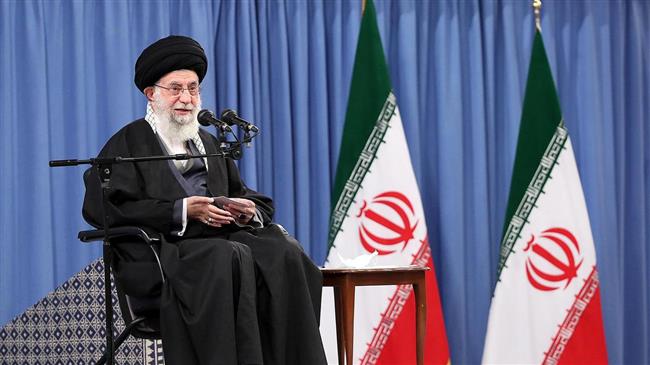
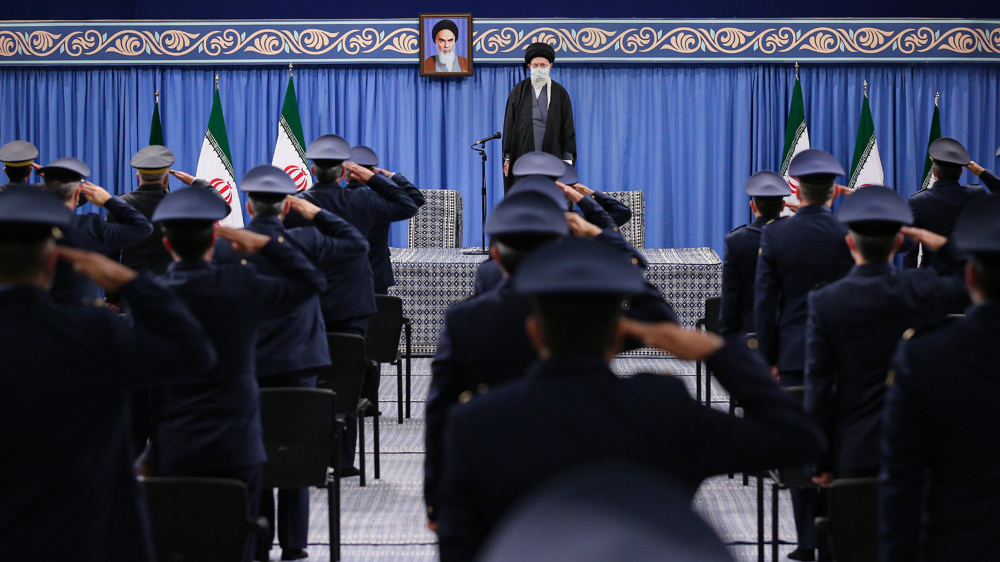

 This makes it easy to access the Press TV website
This makes it easy to access the Press TV website